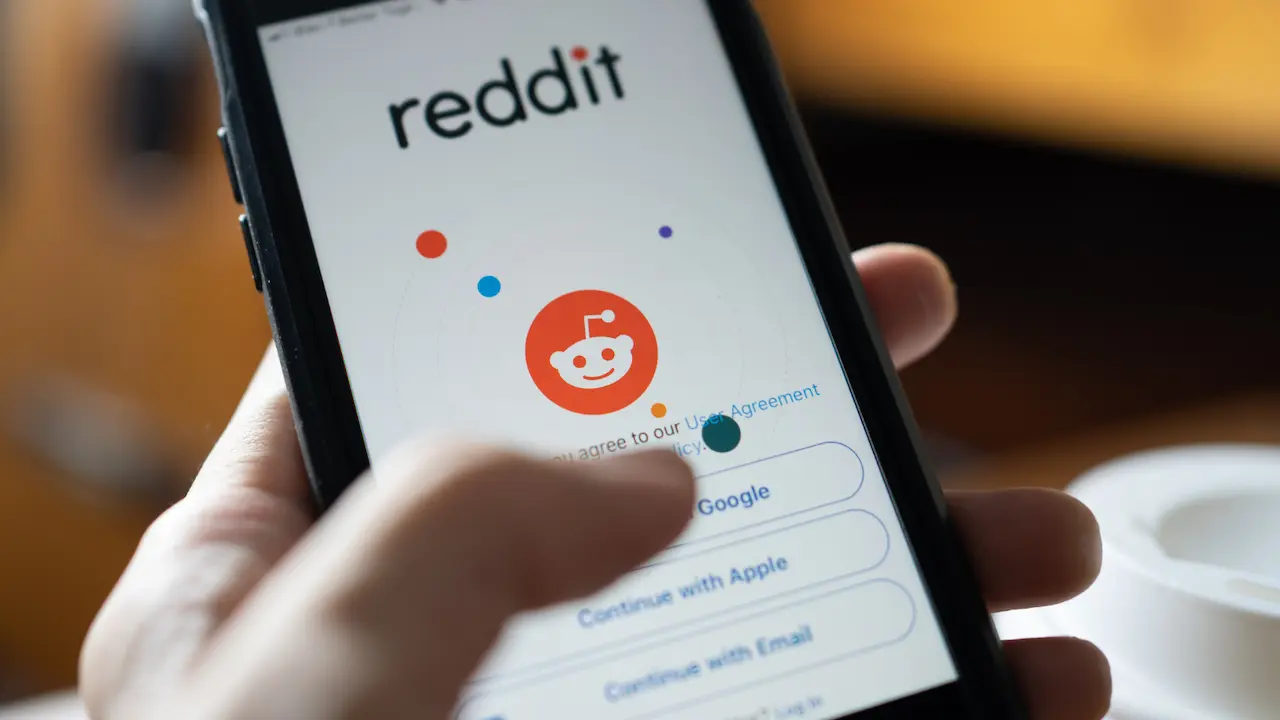Companies fiddling with speech is perfectly legal. No one is obliged to give a soapbox to anyone. Companies curbing speech they don't want to host is not an infringment on speech, legally (in the US, at least).
An anaolgy might be: You offer your front yard for people to put signs in. Someone decides to put a Nazi flag sign in your yard. You are within your rights to remove that sign, even though you made a general offer for anyone to put signs in your yard.
People (again, in the US) very often conflate this kind of situation - a private entity curbing speech that they don't want to be associated with - with the First Amendment of the US Constitution (my emphasis):
Congress shall make no law respecting an establishment of religion, or prohibiting the free exercise thereof; or abridging the freedom of speech, or of the press; or the right of the people peaceably to assemble, and to petition the Government for a redress of grievances.
Free speech, in the US, is about whether Congress, and as has been interpreted by the courts, the government generally, may abridge the freedom of speech. The government may not.
Even so, free speech is not absolute. It remains against the law for individuals to use speech to incite violence, or to incite an emergency reaction where no emergency exists ("Fire!" in a crowded theater), for two examples. Another example would be communicating classified information to people who are not authorized to have said information.
There remains a real conflict about free speech, and it's the elmination of the commons. When the Constitution was written and ratified, the First Amendment protection of speech was more effective, because the way you would get your speech to a large number of people was via distribution of pamphlets and just speaking aloud in public spaces, where passers-by were walking. The landscape is very different today, where "public" messaging happens on the conduits provided by private companies - who, as we've learned, are not legally obliged to carry that speech. In fact, those private companies operating "open forums" can be held responsible for failing to moderate speech which runs afoul of legal limitations on speech.
The internet is definitely a huge change around speech, but the degradation of public spaces brought on by shopping malls - which are private property - had the same kind of effect. The fact that we tend to spend more time in our private homes, travel in the bubbles of our private vehicles, and do our personal business entirely on private property effectively reduces the public space available to exercise our own free speech effectively, or be exposed to others' speech similarly.


